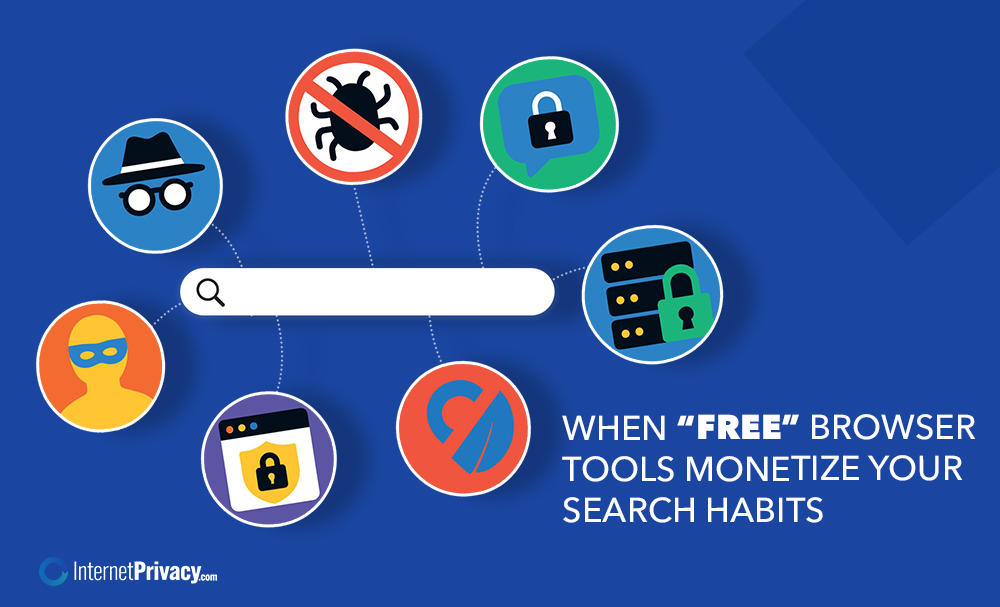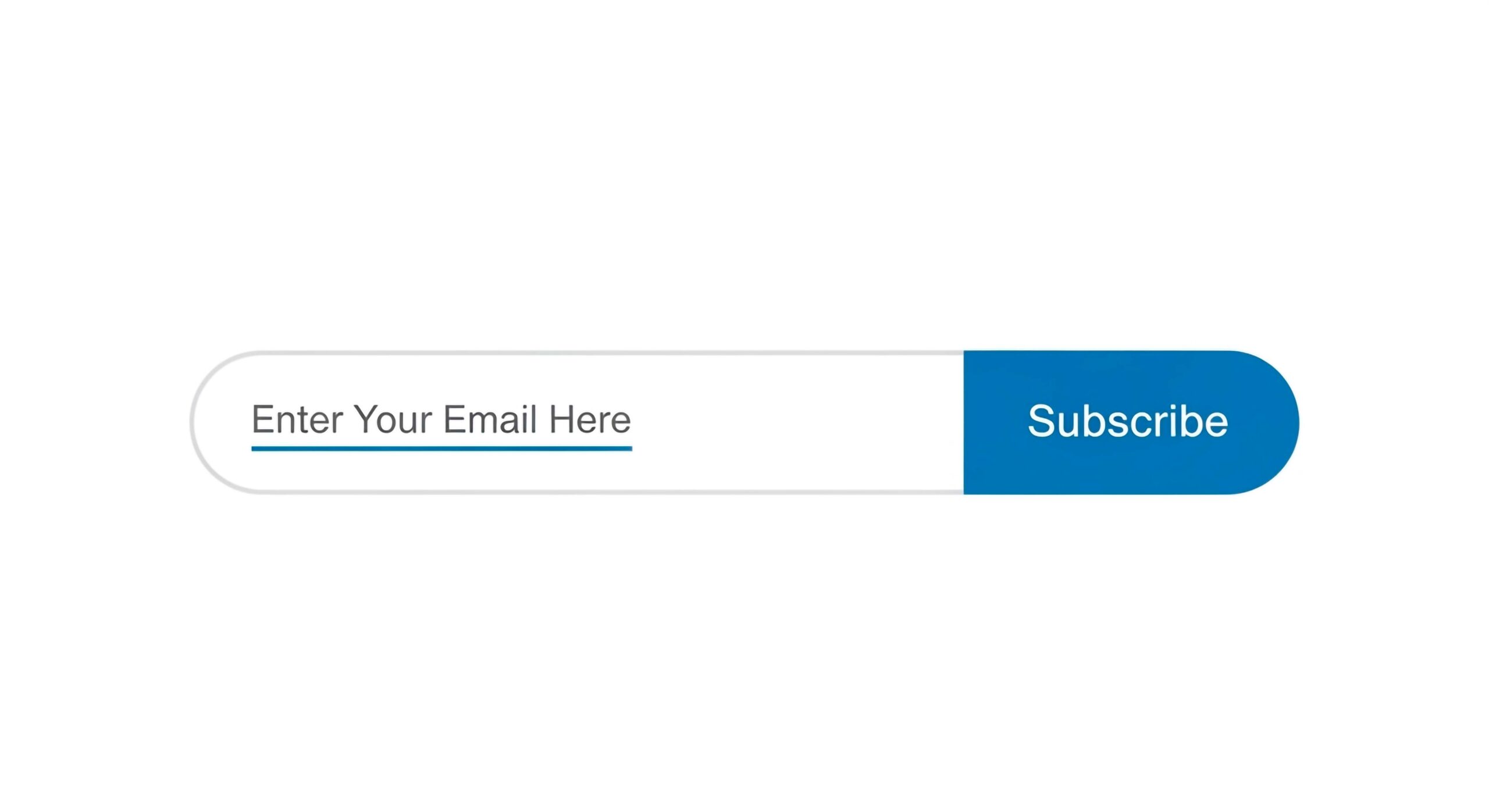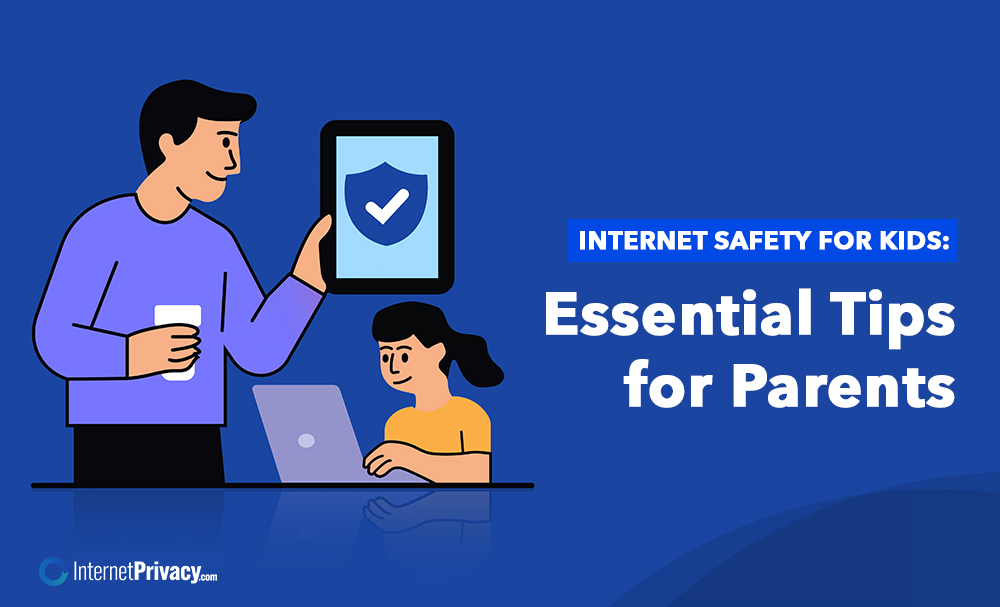When “Free” Browser Tools Monetize Your Search Habits

Free browser tools are everywhere. From Chrome extensions to audit tools built into modern web browsers, they promise faster searches, better performance, and even help with SEO. But these tools often come with a hidden cost: they monetize your search habits and browsing behavior.
Suppose you use a free extension or developer feature without thoroughly checking how it collects and uses your data. In that case, you may be giving away far more than you realize—your privacy, security, and browsing habits could all be at risk.
What Are Free Browser Tools?
Browser tools encompass a wide range of utilities designed to enhance your web browsing experience. These include everything from simple ad blockers and screenshot tools to advanced web developer tools such as Chrome DevTools and Firefox Developer Tools. They help users:
- Inspect and debug web pages by viewing and editing HTML, CSS, and JavaScript in real-time
- Run performance or accessibility audits to identify bottlenecks and compliance with WCAG standards
- Capture console logs, network activity, and server responses for troubleshooting
- Take screenshots of DOM elements or entire pages for documentation or sharing
- Test SEO with audit mode or best practices reports that analyze page optimization for search engines
For web developers, these browser tools improve workflows and highlight critical issues, such as performance bottlenecks, color-contrast problems, and accessibility compliance. For everyday users, they simplify browsing, block unwanted ads, or save time by automating repetitive tasks.
However, behind many of these “free” features lies a business model built on data monetization, often facilitated by browser extensions or MCP (Model Context Protocol) servers that capture and relay your browsing data.
How Do Free Tools Make Money?
If a tool doesn’t charge a direct fee, it usually monetizes in one of three ways:
- Data Collection
Many extensions and plugins track your searches, clicks, and network activity. This data can reveal what web pages you visit, how long you stay, and even which element you are currently selecting on a page. This information is often collected via browser extensions or browser tools, servers running locally or remotely. - Advertising
Some tools insert ads or promote sponsored results directly on the page you’re browsing. Others share your data with advertisers so they can target you more precisely, sometimes using insights gathered from your interactions with the browser’s console logs or network requests. - Freemium Upgrades
Certain tools start free but encourage upgrades by limiting features. For example, an SEO audit tool may show basic results but ask you to pay for full reports or advanced best practices audits.
What Data Do These Tools Collect?
The list is longer and more detailed than most users expect:
- Search queries typed into Google, Bing, or other search engines
- Console logs, network activity, and server response times captured by browser developer tools or MCP clients
- Browser cache data, saved files, and cookies that reveal browsing habits
- Screenshots of web pages or specific elements, sometimes without explicit consent
- Interaction data, like which browser tabs you open, how often you enter debugger mode, or which DOM elements are currently selected
This information can be combined to build a detailed profile of your online habits—what you read, what you buy, even your approximate location based on IP and search patterns.
Risks of “Free” Browser Tools
Privacy Concerns
Collected data may be sold to third parties or used to generate targeted ads. Even something as seemingly harmless as a color contrast tool or screenshot extension may log details you didn’t intend to share. Many tools do not clearly disclose their data collection practices, making it difficult for users to make informed choices.
Security Gaps
Some extensions lack proper code review or security audits. A compromised tool could capture sensitive information like passwords, inject malicious JavaScript, or expose source code and browser cache data. This is especially risky when tools have broad permissions to “read and change all data on websites you visit.”
Hidden Costs to Performance and Trust
Tools that feel free may slow your browser’s performance, display ads, or raise trust issues with clients when used in professional web development. For example, using a browser extension that modifies the current page or browser tab without transparency can interfere with debugging or auditing workflows.
How to Protect Yourself
You don’t have to stop using free browser tools, but you should use them with caution and awareness.
- Check permissions carefully: Before downloading a Chrome extension or enabling a browser extension, review what it asks to access. If a screenshot tool wants permission to “read and change all data on websites you visit,” that’s a red flag.
- Review privacy policies and terms: Look for clear details about how data is saved, stored, or shared. Avoid tools that do not provide transparent privacy practices.
- Use built-in developer tools when possible: Modern web browsers like Google Chrome and Firefox have powerful audit tools, such as performance, accessibility, and best-practice audit modes, that run locally and do not send data externally.
- Limit data sharing: Adjust browser settings to block tracking cookies, disable third-party scripts, or use privacy-focused browsers like Firefox or DuckDuckGo that emphasize user privacy.
- Uninstall unused or suspicious extensions: Extra extensions increase security risks and open more doors for data collection. Regularly audit your installed tools and remove those you no longer need or trust.
- Enter audit mode and debugger mode only when necessary: These modes can expose sensitive data. Be mindful of what information is visible or logged during these sessions.
When Paid Tools Make More Sense
Paid tools or enterprise-grade audit platforms often provide better transparency, faster updates, and stronger privacy protections. While they require a subscription, they typically avoid monetizing your data behind the scenes.
For example, professional SEO audit tools or performance analyzers may cost money but rely on secure MCP servers and do not sell your search queries or browsing logs to advertisers. They also adhere to web development best practices and WCAG standards, providing reliable insights without compromising your privacy.
The Future of Browser Tools
As AI-driven search and development tools expand, browser tools are becoming more advanced—integrating features such as automated accessibility checks, predictive audits, real-time server analysis, and seamless integration with MCP clients, such as Claude Desktop. These tools aim to improve developer productivity while maintaining user privacy.
At the same time, privacy regulations like GDPR and CCPA are increasing pressure on developers and companies to limit data collection and improve transparency. Future browser extensions and MCP tools will likely need to balance powerful features with strict privacy controls.
Until then, remember: “free” usually means your habits, searches, and clicks are the real product.
Final Thought
Browser tools make web development and daily browsing easier and more efficient. But when they’re free, they often pay for themselves by monetizing your search habits and browsing data.
If you rely on them, balance convenience with caution. Know what data you’re giving away, use only the tools you truly need, and consider investing in paid tools that protect your privacy and adhere to web development best practices.
By staying informed and vigilant, you can enjoy the benefits of browser tools without compromising your security or privacy.





